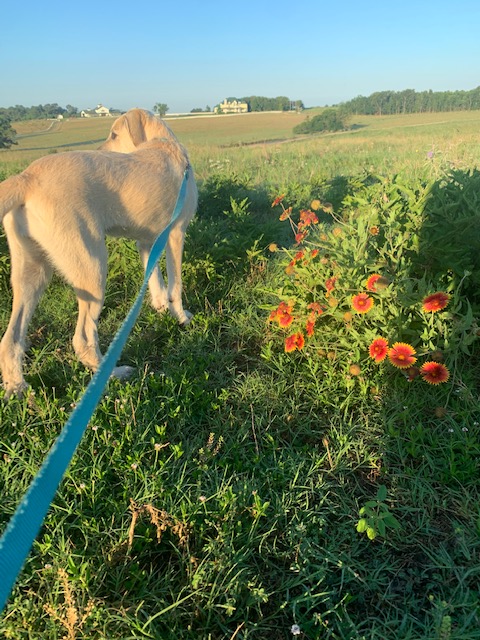
My body thrummed in response to the text notification. The name alone elicited the reaction. I let out a weary breath.
Seated with my therapist, she asked me what just happened.
I tend to keep my phone on silent. Being constantly connected, even to family, can at times bring significant stress. Especially group texts. The barrage of texts that morning had left me feeling weary, distressed, and frustrated.
The texts resumed that afternoon. I usually ignore my phone when in therapy. I’m not even sure why I looked at my phone.
The words tumbled out. “She reminds me of my mother. I could help, but she doesn’t really want to hear the truth about how things could get better. Not that I know ALL truth, but in this situation, there are things that I do know that could make a huge difference.”
“That sounds quite a bit like your mother,” responded the therapist. “She knew the truth and did nothing to protect and change things, for you. She did not welcome your words.”
Silence.
“What is going on in your body?” she asked.
“I have this energy vibrating within my core. My head hurts, there’s a pit in my stomach, and I feel trapped in the drama and chaos she creates. Nothing is going to get better. She doesn’t hear me, just like my mother. What’s even the point of communicating?”
“Do you feel powerless?”
BINGO!
Logically I know that there is nothing that I can do or say to change this person that I care about. It is up to them. I can only invite change. And I was triggered on some deeper level by the text exchange. The thrumming in my body was old and familiar.
When I was 13, I had told my mother that I had been sexually abused by a family member. Some of you know the story, but bottom line… she did not want to hear me. I tried to help her understand by explaining it several times. Nothing was done to protect me, and the abuse continued. I was powerless to change my circumstances. My “no” meant nothing.
“I think this is one of those deeper still healing moments for the powerlessness you felt growing up,” said my therapist. “Maybe this is where you get to hold your no.”
Goodness gracious, yes! Of course I had choices. I wasn’t powerless like I was at thirteen with no resources, loss of voice, disillusioned by the system, where hope felt foolish. And yet, my thirteen year old self was being reminded of the past and needed care.
Sometimes we unconsciously recreate similar past relational experiences into our lives. It is our minds way of trying to produce a different outcome from the previous trauma. At times we don’t create, it comes to us in relationships with a sibling, a sibling’s spouse, or even one of our children.
“Robyn, you are not creating the drama and chaos. And I wonder what deeper healing is to be had for you in this season.”
I am curious too!
In the past I might have just closed off my heart in the relationship in an attempt to just survive. Believe me… I have been tempted. That is not what I want for me or her. I know that my body needs rest from this rollercoaster relationship. I have some ideas of what that might look like. All involve holding my “no” in the form of increased healthy boundaries to care for my heart and wellbeing. And that feels really kind to me and kind to her.
So, I guess I am going deeper still.
How appropriate while all of nature is coming alive from deep spaces. During the winter days, resurrection can seem distant. It can be easy to lose hope or think it foolish. Yet faith whispers that somewhere in the depths is life. While love tells me the boundaries will provide order to the chaos.
Recently I was out planting flowers which required getting rid of winter’s debris and preparing the soil. As I dug to transfer each plant into the ground, I was reminded that going to deeper places of healing does not negate any healing I’ve already gained. I did not get rid of all the soil in the flower bed before I planted the new flowers. The soil was rich from previous garden work. The bed only needed cleared of additional debris and minimal soil enrichment.
My desire is for something different for me and for the author of the texts. I can imagine what is beautiful and expose what is not. I don’t have to be afraid to let go of what has died for new life to spring forth.
I am being invited to the deeper still. There with the kindness of God, I will revisit the place of my soul where beauty was marred in relationship. Where He will hold my hurt and anger without running away or punishing me. I will find more healing, more freedom from my past. My hope is to walk more fully into my intended glory.
And my texter… who knows… perhaps she will hear and welcome the invitation to imagine a different future.








